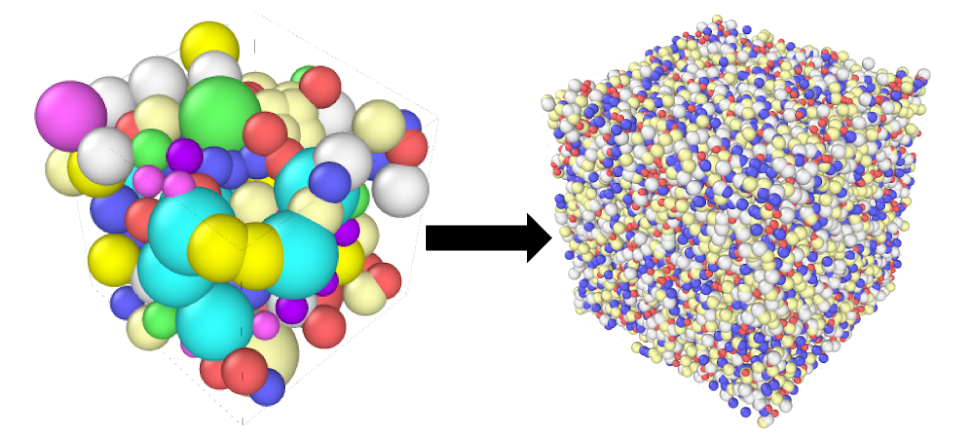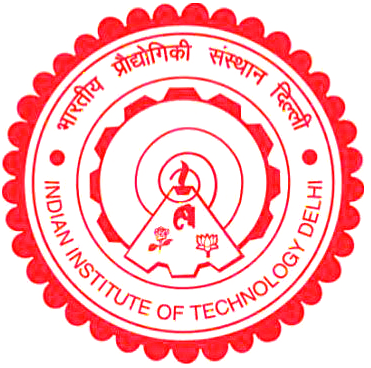Mesoscale mechanics of cement hydrate
Cement hydrate exhibit a unique structure at the mesoscale, which holds the key to understanding and improving the behavior of cementitious materials. This is particularly important as cement manufacturing alone contributes more than 8% of the global CO2 production. The research aims to understand the effect mesoscale structure on the mechanical and kinetic properties of cement hydrate ranging from the plastic yielding to viscosity.

GCMC (Grand Canonical Monte Carlo) simulation
“Monte Carlo methods (or Monte Carlo experiments) are a broad class of computational algorithms that rely on repeated random sampling to obtain numerical results. Their essential idea is using randomness to solve problems that might be deterministic in principle. They are often used in physical and mathematical problems and are most useful when it is difficult or impossible to use other approaches. Monte Carlo methods are mainly used in three problem classes: optimization, numerical integration, and generating draws from a probability distribution.”–wikipedia
Click to restart.
